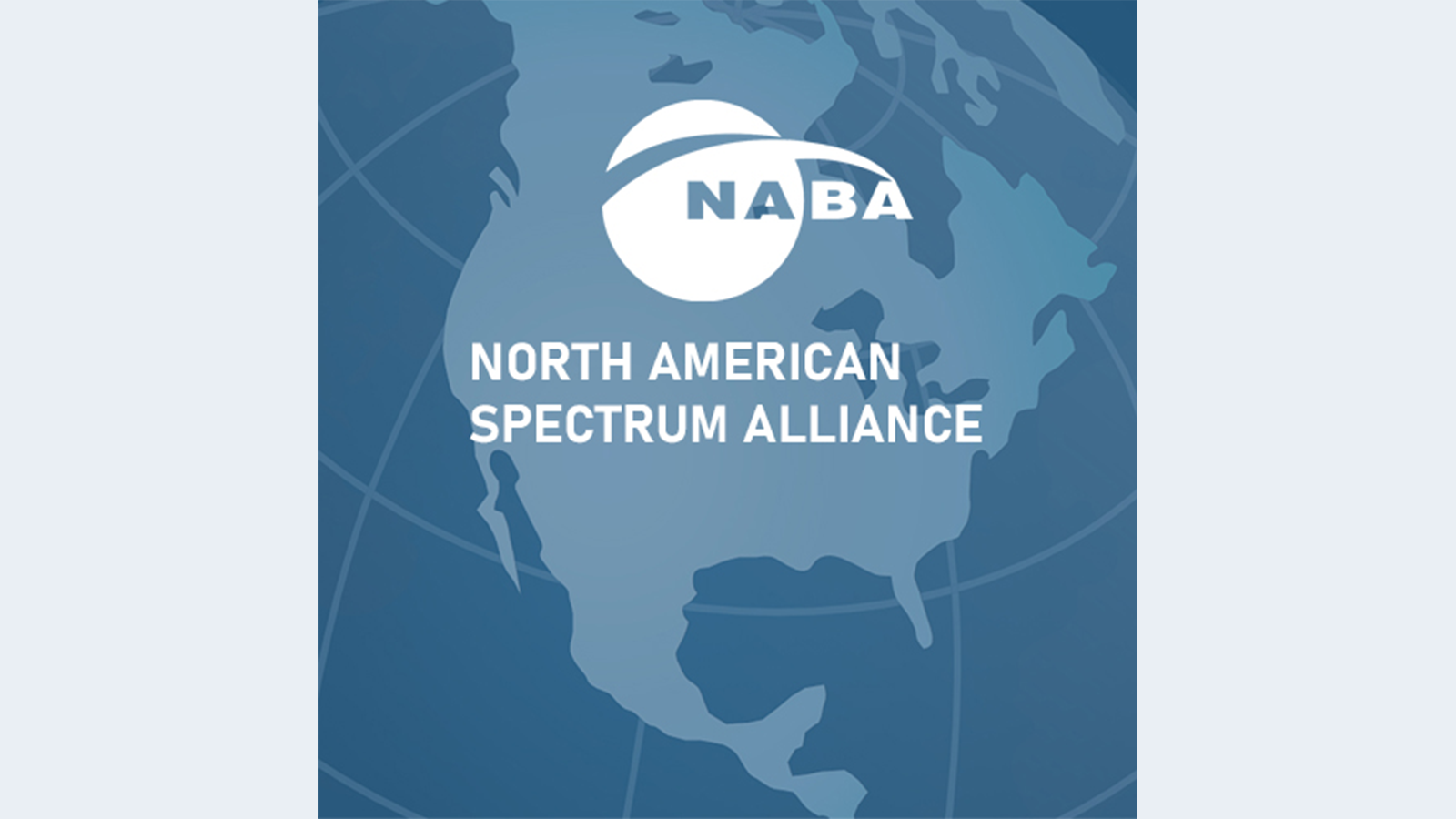German MSOs call for consolidation

German cable operators exploited last week’s European pay TV and broadband trade show, ANGA Cable, to lobby the competition authority to allow consolidation, while fighting with broadcasters over carriage rights.
They also opposed proposals to open up their networks to third-party providers of broadband services, as Telcos have already been compelled to do.
The biggest deal is over consolidation, because this has the potential to propel the Liberty Global group above Comcast as the biggest cable operator in the world. Liberty Global is an international MSO with operations across Europe in 13 countries, mostly under the UPC brand, as well as Chile, with already a total 18.4 million video subscribers. Liberty Global’s German presence has been gained entirely by acquisition, starting with Unity Media taken over for €3.5 billion in January 2010, followed by Kabel BW in December 2011 for €3.16 billion. Together, these two gave Liberty Global a subscriber base in Germany now numbering almost 7 million.
This still leaves Kabel Deutschland, at present, as Germany’s largest cable operator with 9.6 million subscribers, with ambitions to become bigger still through its intended acquisition for €603 million of MSO Tele Colombus, which has around 1.7 million pay TV customers. Das Bundeskartellamt, the Federal Cartel Office, is concerned over the pace of consolidation, but cannot readily block the takeover after allowing the Liberty Global Kabel BW acquisition to go ahead. However, Liberty Global’s ambitions go further, with rumors it will be bid for Kabel Deutschland itself, which would create an operator with well over 20 million customers. But, this would end competition within the German cable TV sector, since there would be just one defacto monopoly provider.
This is why Liberty Global CEO Mike Fries was lobbying at ANGA Cable with the argument that the real competition is not within one pay TV sector, nor even across the whole of pay TV, but within the converging fields of broadband communications and digital media. On this front, an enlarged Liberty Global, which might have revenues around €10 billion in 2012, would still be dwarfed by the major European Telco incumbents, such as Telefonica of Spain with 2011 revenues of €62.8, and Germany’s own Deutsche Telekom with €58.7 billion.
Liberty Global might also have pointed out that in some other countries cable TV monopolies have been allowed to emerge, such as Virgin Media in the UK. But, one difference is that while Virgin Media has only about a quarter of the UK pay TV market, Liberty Global after absorbing Kabel Deutschland would have around 85 percent of Germany’s. Given the country’s culture of competition and dislike of cartels, Fries will have his work cut out persuading the Bundeskartellamt to approve such a big takeover, and may not even get so far as tendering a bid.
Meanwhile, German MSOs were also preoccupied at ANGA Cable defending their positions over carriage rights and broadband. Germany is unusual in that broadcasters pay carriage fees to cable operators to distribute their channels, rather than receiving money for providing their content as in most countries. However, these carriage fees are only paid to the big three operators (Kabel Deutschland, and the two Liberty Global subsidiaries UnityMedia and Kabel BW), although DTT and satellite operators also receive the fees.
Get the TV Tech Newsletter
The professional video industry's #1 source for news, trends and product and tech information. Sign up below.
The major broadcasters ARD and ZDF want to end what they see as an anomaly, given that the cable TV operators are effectively paid twice for the content, through carriage fees and customer subscriptions. The MSOs do not really have a leg to stand on, since over DTT and satellite those broadcast services are provided free. So, in effect, ARD and ZDF are just paying for the transmission. One compromise could be for the broadcasters to continue paying carriage fees to the MSOs as well, but in return receive some share of the revenues. That might be unnecessarily complicated, and the likely outcome is for the carriage fees to be scrapped.
The other issue exercising the cable operators is unbundling, which has grown in significance because their broadband networks can now deliver more bandwidth than their Telco competitors, at least in bursts. Kabel Deutschland set a new world record recently for broadband download speeds, reaching 4.7Gb/s over existing cable infrastructure using EuroDOCSIS 3.0 equipment from ARRIS. Deutsche Telekom wants to have access to this capacity, if only to neutralize any marketing advantage Kabel Deutschland might exploit to pinch subscribers, and there are signs the regulator, the Federal Network Authority, is sympathetic.
However, the cable operators are arguing that this would only increase Deutsche Telekom’s dominance of the German broadband market. But, as the distinction between the cable TV and Telco sectors continues to become ever more blurred, it is hard to see regulators carrying on having different rules for each.
